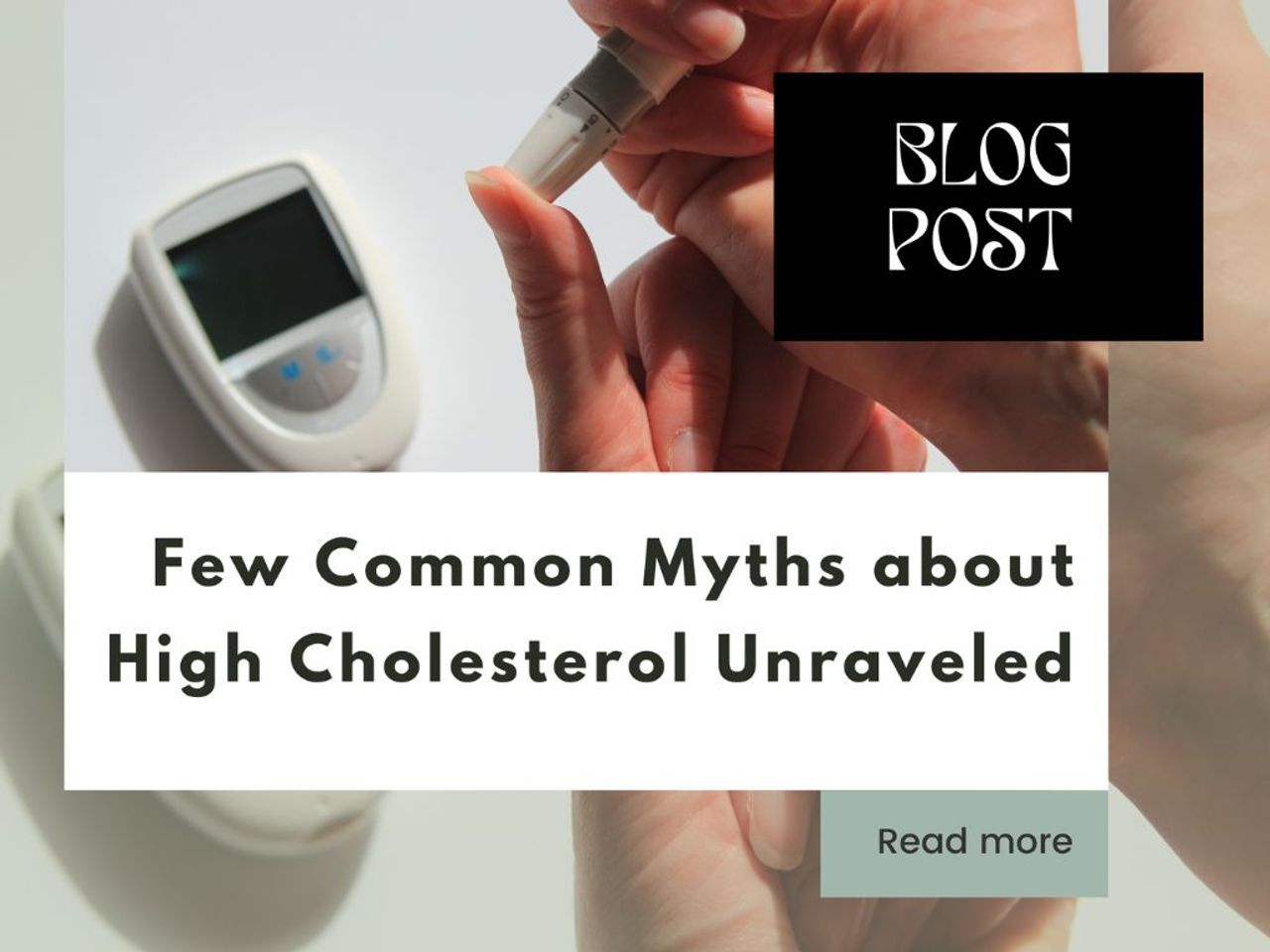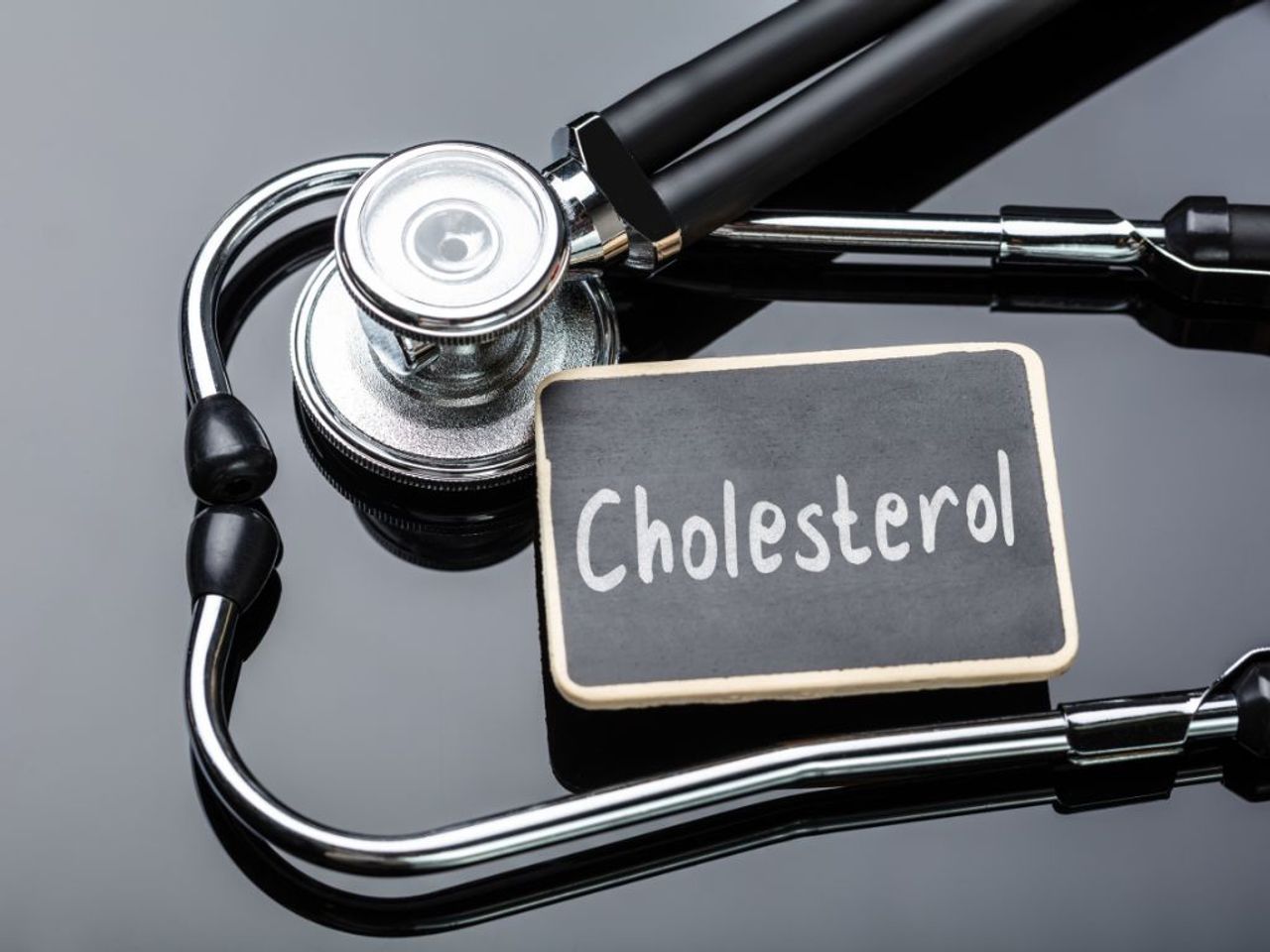Few Common Myths about High Cholesterol Unraveled

There are a lot of myths those surround the high cholesterol and its impact on health condition. Some of those myths get exaggerated by word-of-mouth ill-informed gossip, some get passed on through poorly researched TV shows, through old books or even through out-of-date biology curricula.
Today's continuous extensive cutting research in medicines, pharmacology and science is succeeding in unraveling those ill-conceived beliefs about Cholesteroland helping us deal with it properly.

Here are a few of the most common high cholesterol myths:
1. There Is an "Ideal" Cholesterol Number.
People often believe that there exists a target cholesterol number, as if there were a global ideal that's right for everyone.
No, that’s not true. Please understand the fact that everyone's body is a bit different. A smoker's target LDL ("bad" cholesterol) levels are different than a non-smoker's. A diabetic's target levels are different than a non-diabetic's. Thus, there could be multiple variations.
Therefore, instead of hunting online or otherwise for "ideal" target levels, it is advisable to consult your physician to get a target number tailored specifically for you.
2. Cholesterol Is Evil
No, not necessarily. Cholesterol is actually a necessary part of your body's everyday processes. Cholesterol helps line various kinds of cells in your body, including your all-important brain cells. They are responsible in helping give more structural integrity to cells.
The efficient functioning of our bodies may cease without cholesterol.
The trouble begins when LDL cholesterol levels get too high in our blood.
3. Only the Elderly Get High Cholesterol
The ill-founded belief, that high cholesterol is an issue mostly for the elderly.
The fact is quite contrary, children as young as eight years old have been diagnosed with high cholesterol. This tends to happen in overweight, obese or sedentary kids.
Though it's true that the rate of high cholesterol does go up with age, just because you're younger doesn't mean you're safe. Therefore, even if you are under thirty, make sure to get your cholesterol count from your doctor in your annual check-up unfailingly and stay safe.

These are a few of the most common myths that surround high cholesterol. Remember that medical information changes often and evolves and new research and data are enlightens medical field. That also leads to better treatment and effective medication. The best source of information regarding high cholesterol should always come from your trusted physician, rather than through friends, family or even the internet.




